2020 Peter Porter Poetry Prize Shortlist
Precision Signs
by Lachlan Brown
‘This is officially first / this is the third’
Chance the Rapper
iii. Processing is in
Back to the motorway again, shuffling infinite rows
of line-break auto-excuses in the changed traffic
conditions. Petroleum gifts us the cartographic
illusions of intimacy, reimagining polyphonic prose
as some engine-effective thing that draws us close.
If I did contract-cheat, then why didn’t I get perfect
marks? Tradies deal in air-conditionals, select-
ing authentic essay-writing solutions to expose
our algorithmic spaces that trick and flicker. Out-
er suburbs still feel like home: the gated reverb
of small-crimes, the silent havoc of introduced species.
But each day’s just another investigation report about
the day that came before it. That’s all we deserve,
really, a host of change-agents wielding quality degrees.
ii. Crisis openings
Really? A host of change-agents wielding quality degrees
spawned on the map in a place you hadn’t yet scouted?
What did you do? There’s the evidence you doubted,
planted by a livestream of living water, among trees
that appear aspect-ratioed and 100% !important; please
go on to defeat all the bots once and for real. Controlled
humans are now reminded to breathe by devices sold
in heaven’s equivalents, copied and pasted from Elys-
ian source code. An employer pivots from the cloud,
announcing his no dickheads hiring policy. A second
follows up with an all dickheads hiring policy. Applause
is spontaneous and v/loud. It’s an e.g. of how profound
wisdom can actually be, like yelling fire while on board
a fully-booked cruise (bound for immediate shores).
i. Session pricing
A fully booked cruise bound for immediate shores,
a keystroke logger hidden in your assessment file,
a volta that makes the addiction story worthwhile:
seen in the drone’s viewfinder, all this could be yours.
Bits of the city exist to be driven past, page refresh-
ing backgrounds that blur and sometimes catch fire.
Phone-on-lap means it’s not slab-dark when entire
estates appear on the map’s periphery. Impress-
ive as a key stakeholder feedback-looping the process,
you sense the finely tuned universe cutting across
lanes. The moon’s an allegory for night mode. Those
newly built houses slide silently by. You’re just access-
ing the spreadsheet data, summoning a levelled boss
back to the motorway again, shuffling infinite rows.
Lachlan Brown is a senior lecturer in English at Charles Sturt University, Wagga Wagga. He is the author of Limited Cities (Giramondo, 2012) and Lunar Inheritance (Giramondo, 2017). Lachlan’s poetry has been published in various journals including Antipodes, Cordite, Rabbit, and St Mark’s Review. Lachlan has been shortlisted and commended for various poetry prizes including the Mary Gilmore Prize, the Newcastle Poetry Prize, the Gwen Harwood Poetry Prize, the Judith Wright Poetry Prize, and the Macquarie Fields Poetry Prize. Lachlan is currently the vice-president of Booranga Writers Centre in Wagga Wagga.
That Wadjela Tongue
by Claire G. Coleman
The urge to tell my truth is resting upon me like a fever; like a weight; like a hot sodden blanket.
I want to tell you …
How when we step forward, when we tell you who we are; we steer
With our mouths, with our lips, with our tongues; with
Our breath. We speak ourselves into being.
It pours from our lips shaped by our tongues and that ectoplasm shapes itself; becomes
Who we think we are.
I need to tell you that the surface of a tongue, that shapes words, that tastes the world; is skin.
And my Father’s skin is the wrong colour;
And I am the wrong colour; not as dark as my father. I cannot
Talk my skin darker.
Words are weapons and those colonisers have disarmed me; they have stolen
The language from my family; killed who still spoke it and
Stilled the Country’s breath – that wants to pour
From my tongue; They banned the speaking of language, made people
Too scared to speak, frightened the breath from them. I cannot
Speak the sacred words of country, I cannot speak to my love of
My ancestors; the bones in the land, the land
In my bones; in the language they understand.
My Country does not speak
That Wadjela tongue.
Words are weapons, they outlawed my tongue, they
Gave me theirs; their tongue that drips water and can only speak
Of a green the wrong colour, has words for the wrong flowers that
Has no words of their own for yongka or waitch; their language that has
A word for ‘orange’. They dragged my language off the land, scraped
My tongue they could not quite bring themselves to cut out.
Words are weapons, they gave me theirs; language is a weapon
And they armed me.
My language, I never spoke, belongs there on my Country, it anchors
My family to home, anchors home on our family. Their language; it’s spoken
By so many, they have tried to control
The world with it; gave it to everybody and now it
Belongs to everybody. Their language is a weapon that is aimed only at them.
My people’s language is
Better for talking to country, wadjela’s language
I learned first, is better to arm myself
For war; as a weapon it’s aimed at their minds. I sharpen it
Their language, I polish it; I make it mine; I want
To outstrip them, want to make them jealous of my tongue; of my words.
When my father was a child he was not allowed to
Visit his grandmother, he told me that, told me
He has been there twice, that he stayed
Outside; he was not allowed in the house. Words on paper
Said, if he didn’t meet his family he would not be black
Enough to take; he would not have a file would
Not appear on that Neville man’s paper.
Words are weapons
I’m fighting back; I’m armed;
With that Wadjela tongue.
Claire G. Coleman is a Wirlomin Noongar woman whose ancestral country is on the south coast of Western Australia. Her novel Terra Nullius, published by Hachette in Australia and Small Beer Press in the United States, won a black&write! Fellowship and a Norma K. Hemming Award and was shortlisted for the Stella Prize and the Aurealis Science Fiction Award. She writes poetry, short-fiction, and essays, and has been published in the Saturday Paper, the Guardian, Meanjin, Australian Poetry, Art Collector, The ABC, Griffith Review, Overland, Timothy McSweeny’s Quarterly Concern, and many others. The Old Lie (Hachette 2019) is her second novel.
My Father’s Thesaurus
by A. Frances Johnson
You drove faultlessly until sundown.
As dusk fell, trees lit Magritte
black, discreet ideas of near and far
merged, and your words, sotto voce
then forte, rolled out a new Babel
of vigilant accountancies, cornball song,
plant catalogues, expletives and chess moves.
That the banks could not be trusted
was a saying you’d taken for granted
since the Great Depression. Now the phrase
bloomed in your brain. At dinner
you said, for reasons of efficiency:
the banks were past the mustard.
We lovingly accepted the joke, while
in the wet yard the dog chased its tail,
saw nothing loveless to incriminate.
Later, fear grew: school-tie gerontologists,
nurses, phone calls, bills – lacking tact.
Sheet music’s random dots perplexed,
rainspots bearing no relation to the cruel
beauty of pianos. All could betray,
induce the agitation of sunsets.
You watched the piano and played
the sunset. You insisted: every good boy
deserved flight, all cows ate gravel.
We read your blended agendas uneasily.
Then random hatred arrived with showgirl
fanfare, disfiguring your old kindness.
For peace, we concurred on a mattress bank;
the district nurse was trying to poison you.
Mostly, words aligned, neat as jam jars,
the fruity, sunny order of Fowlers Vacola.
But we played codebreakers as evening fell,
fighting through thickets of translation
until the night you drove the car
into the garage wall, blue shoe on
the accelerator, brown on the brake.
With a bang, words collided around
your head like trams not yet waited for.
The foul sunset was to blame. A week later
suspension came, plotted by a gimlet-eyed medico.
We failed the first test with you,
then the second in the Colac Coles
carpark, lost trolleys whirring and clacking.
You’d driven at snail pace on country roads
then rocketed across a petunia’d town
roundabout, a bollard bent beneath
the wheel. This betrayal, you said, having
never brooked a fine, was the bitter end.
The nuances of fast and slow, slow then fast,
cannot be understood by criminals. We hung
our heads and hid the report in the glovebox,
not accepting a dickey wheel. My mother and I
drove you home from the test among paddocks
and cattle, vast distances suddenly too close,
like a bellicose stranger with bad breath,
strained sun falling like a thief behind the hill.
It, too, had been a shamer, a radiant form
with a signature. None of us spoke or
decoded. There was nothing left but to hack
through the last forests until the axe
quietened, and you were half-calm
in night’s velvety armchair, dog roiling
at your feet like a spinning top.
I had one just like it once, you confided
after furious silence and tea, taking my hand,
turning it round and round, bemused,
as if you wanted to test it, detach it and send it
whirring into the cold, free universe.
A. Frances Johnson is a writer and artist. She has published three collections of poetry. A fourth collection, Save As, is forthcoming (Puncher & Wattmann, 2020). Her recent collection, Rendition for Harp and Kalashnikov (Puncher & Wattmann 2017) was shortlisted in the 2018 Melbourne Prize for Literature Best New Writing Award and, in 2017, she took up an Australia Council B.R Whiting Fellowship to Rome. A novel, Eugene's Falls (Arcadia 2007), retraced the Victorian journeys of colonial painter Eugene von Guérard. A new novel in progress, The Lost Garden, explores first-contact histories in remote Southern Tasmania, evoking early horticultural attempts to colonise by seed. A monograph, Australian Fiction as Archival Salvage, was published by Brill in 2015.
Constellation of Bees
by Julie Manning
Sixteen and just a touch of down above the lip,
he scrapes honey from each wax hexagon,
explaining the procedure for how to empty combs
and centrifuge remaining gold. Banksia is a flow
dark as coffee grounds, but this is wild-
flower pour from native blossoms, curling red
phalanges and startling yellow tips, on a wasteland
of dunes at the reserve. Just two years in,
the colour is a giveaway – caramel with
opaque crusts, not the cocky’s joy from auntie’s
beat-up tin with its lion badge and eyes
that followed him around the bush, even where
the sky had pin-hole stars arranged like ziggurats
this silver beast was on its back, one eye toward
the night-sky emu with starry feathers
navigating home. He’s learned to parry natives –
Blue-Bands, Teddy Bears – mostly honey bees,
a deft jouster protected by a smoking urn
to calm them with the trickery of scrubfire.
He’s studied the vermilion Tulip Tree, its
invasive stealthy seeds, its poisoned chalice
blooms with flagrant, open cups – nightclub porn
for bees who stupefy and die within its lights,
a crypt of littered bodies spilling out.
Why speak of such amazements – who could
not love such industrious devotion to calyx
and to breeze? The day a white van arrived
delivering a payload – odourless and lethal –
for a neighbour’s spider problem,
fumes laid waste to every hive: worker,
drone and high command. Thirty thousand
gone, like rabies through a town. He rebuilt
the hives alone, carefully nurturing the clan
learned that bees’ anger is astonishing –
self-effacing sentries into self-sacrificing
drones, ratcheted with pheromones, death-
fighting like a home-town mob at closing
time. Wiser now, he sees triggers to their rage.
Death of a Queen means colonies ferment
with unacknowledged anguish – body spirited
away, no grief or striped attendants edging past.
An empty cell, now vacant, soon to be a wealth
of light in honeycomb: bees deal with absence
and death in their own way.
Julie Manning is a late-career poet. Her work has previously been published in Australian Book Review, Cordite, and the Grieve Anthology (Hunter Writers Centre), and it is forthcoming in Overland. She was longlisted for the University of Canberra Vice Chancellors International Poetry Prize in 2019 and selected at the Queensland Poetry Festival as an Emerging Poet for 2019. She lives on Moreton Bay in Queensland.
South Coast Sonnets
by Ross Gillett
We drove across the estuary,
a field of wind-stained calm, its rippled sheen
reflecting a dull acreage of sky.
Where had the mirrored clouds been
that they lived for a moment in that flattened
version of the sea, that roughed up
version of a river? We saw a battened
sail, its ribbed skin taut with a slooped
urgency. The river-imaged
sky was a helpless backdrop, a flecked plain
of tidal doubt. Would the future be staged
upstream or downstream? The sailor was again
tacking into the world’s wind. The threadbare
bridge we crossed had always been there.
We were instant coastal addicts.
Our first wonder was a suppressed surf,
a withering offshore wind. We practised
not being blown into the sea. Just enough
leaning inland did it for us.
Next day we leaned towards the ocean
arm in arm, wind-resistant visitors
embraced by what was now an onshore
gale. Was this a marriage rite? Gestures
of spray rose from the rocks and drifted
over us. We knew the wind that blessed us
was a turncoat. We took on trust the gift
we couldn’t avoid, a getaway
ocean wedding. We wore the veils of spray.
Call it the eternal southerly.
Breakers bloomed and faded,
ghost cliffs retreating into the sea.
An endless coastal uproar betrayed
our inland certainties. A dusk walk
took us down a slipshod path
skirting the maelstrom. We stood back
from the edge of an ocean truth,
immensity ending in collapse,
the earth-shaking landfall. Above us
clouds were turning into high-speed scraps
of themselves. We were lovers
in a gale-force world. The long gusts
wailed as they came at us.
We saw the surfer calling it a day,
riding in towards the undermined
bluff we stood on. No beach lay
in wait, but he casually half-planed
into shore, or what there was of it. We worried
when he disappeared from sight. Then the yellow
tip of his board came up through a hole in the scarred
platform of rock behind us. What runs below
the sea-wrecked surface of a place like this,
what do the locals know that they can rise
like bearded seals out of the ground? There’s always
safe passage somewhere, but it lies
hidden. We are cave believers. Lord
we have seen the risen man with his finned board.
The dedicated ocean spent
years laying down the small laws
of sand. Edges of the continent
disintegrated into loose shores,
gold beneath our feet. The beaches
harboured us. Even with bad weather
beating at their doors, they were stretches
of close comfort. Our footprints receded together,
a stitched wake trailing behind us.
Weightless strands of foam crawled
after each other. In the end, the wind turned us
home through the dunes, but we were a told
story by then, our staggering narrative written
step by step across the sea’s terrain.
Ross Gillett is a Melbourne-born poet who now lives in Daylesford in the Central Highlands of Victoria. His poems have appeared in The Age, The Australian, and The Canberra Times, in journals in Australia and the United States, and in three editions of Black Inc.’s former series The Best Australian Poems. His book The Sea Factory was one of the Five Islands Press New Poets 2006 series. In 2010 he published a chapbook of old and new poems – Wundawax and other poems – with Mark Time Books. His new book The Mirror Hurlers has just been published by Puncher & Wattmann. He has been twice shortlisted for the Blake Poetry Prize, and his poem ‘The Mirror Hurlers’ was shortlisted for the 2019 Peter Porter Poetry Prize.


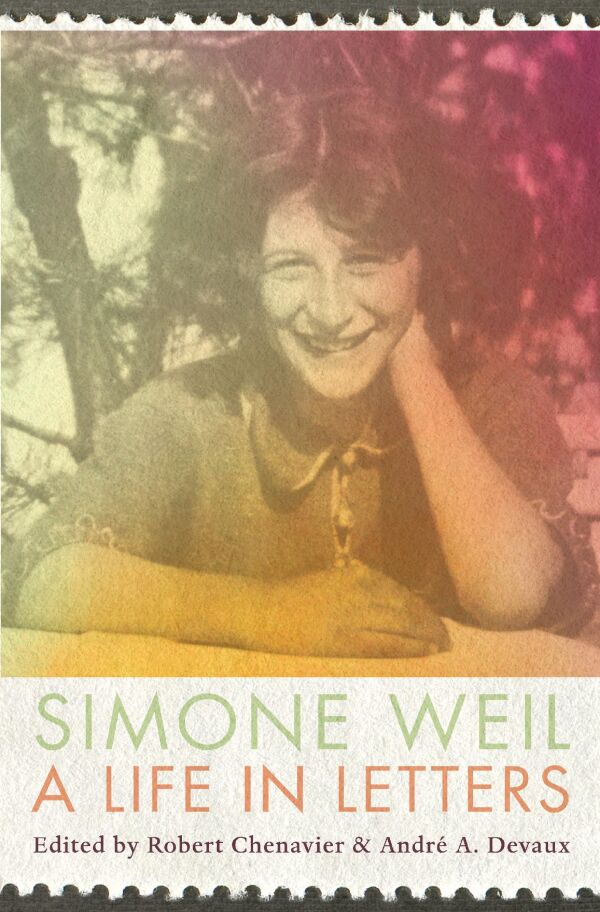
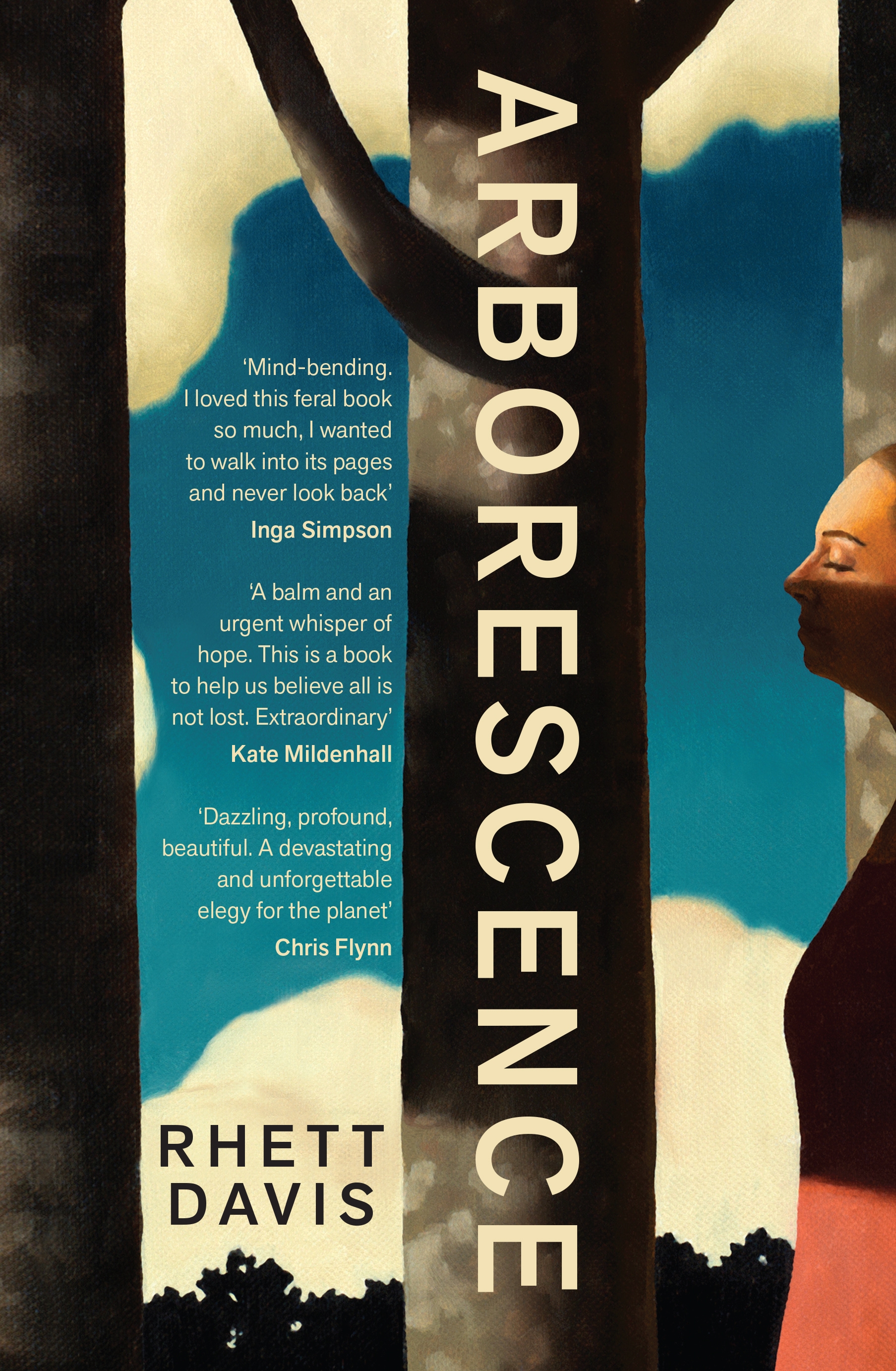
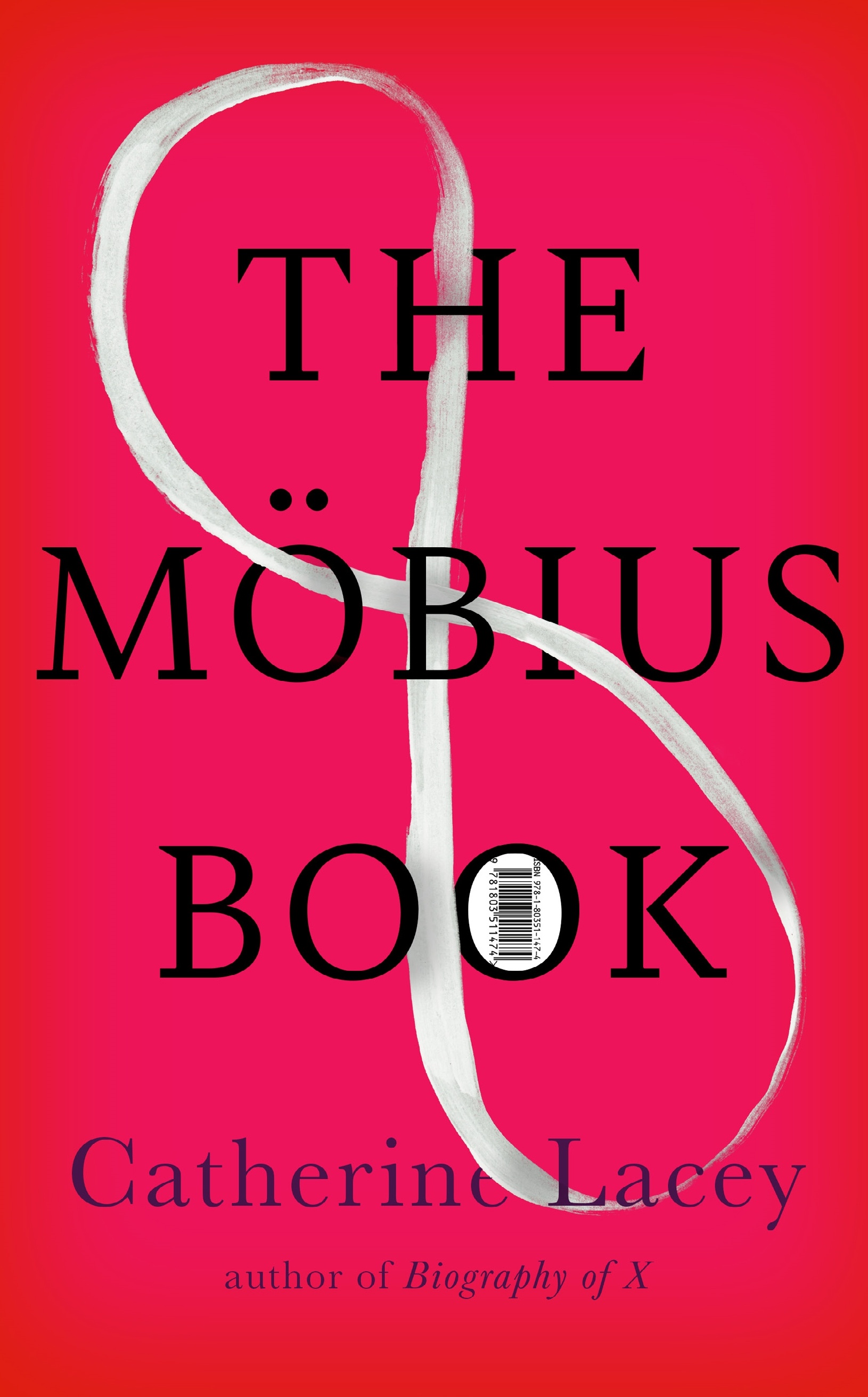


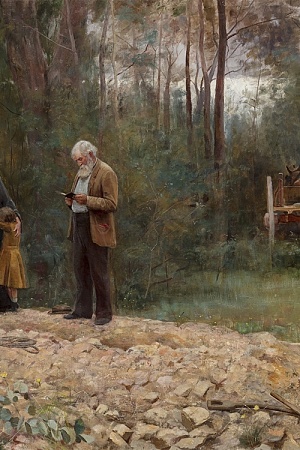
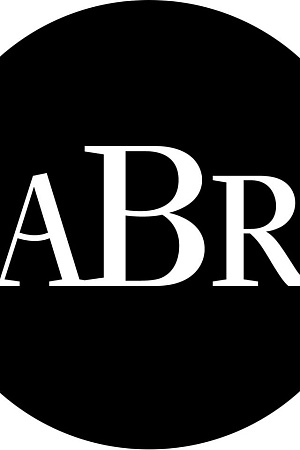
Leave a comment
If you are an ABR subscriber, you will need to sign in to post a comment.
If you have forgotten your sign in details, or if you receive an error message when trying to submit your comment, please email your comment (and the name of the article to which it relates) to ABR Comments. We will review your comment and, subject to approval, we will post it under your name.
Please note that all comments must be approved by ABR and comply with our Terms & Conditions.